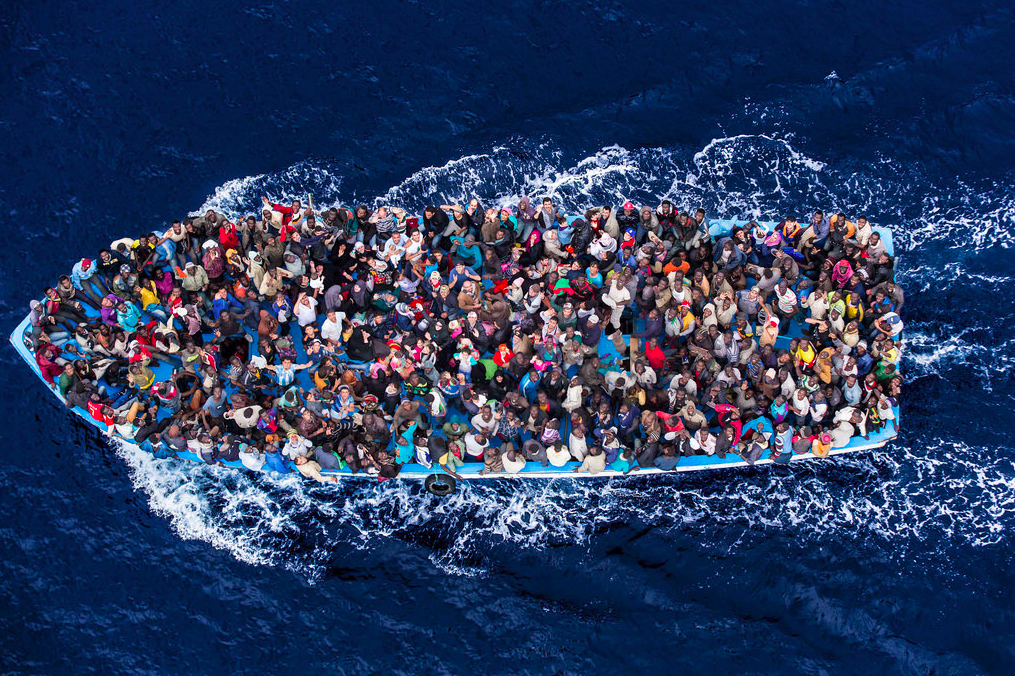Advances in technology accompanied by the influences of globalization have promoted the uninterrupted flow of currency throughout the world. In a majority of cases, nations who open themselves to the international market fair better in their pursuit of investment, production and distribution. However, nations that embrace the attractive fiscal attributes of the market economy may also succumb to its well-documented volatility. Irresponsible action taken by a player within the free market system can subsequently lead to chain of financial events which may bring about the implosion of the international monetary market. The bigger the player responsible for the contravention of common global market interests, the bigger the fall for all the nations invested within the free market system. One dominant nation of particular relevance to the precarious nature of the free market system is China.
Since China adopted an economic liberalization policy, its national economy has experienced an unprecedented surge in growth. World Finance contributor Rita Lobo maintains, “Over the past three decades, China has experienced phenomenal growth – much faster than anywhere else in the world.” This progress profoundly impacted the world’s building and commodities market. Rapid investment in the property sector began throughout China following the pricing collapse produced by the financial crisis in 2007/08. In order to grow and sustain itself through a period of low foreign demand following the financial collapse, China invested heavily in infrastructure and reduced barriers to credit acquisition.
Michael Schuman of Time describes how China pumped up credit on a national level in order to compensate for the collapse of external demand following the financial crisis. Schuman maintains the credit boost “held up growth rates, but also led to a scary spike in debt levels, excess capacity, and a surge in the property market.”
It would be in the interest of Chinese authorities to tighten credit-screening regulations within the private property sector to ensure property development corporations and homeowners can successfully finance their loans and avoid default. The BBC’s chief business correspondent Linda Yueh explains, “If Chinese homebuilders’ debt exceeds the equity that they hold…then it raises the risk that declining prices will lead to an inability to repay that debt.”
The slowdown in the Chinese property sector has already impacted nations such as Australia, Mongolia, Turkmenistan and Gambia which rely on China to buy their exports.30% of Australia’s exports are destined for China, while between 68%-88% of the other country’s exports are dependent on China. As demand for these nations’ commodities lessened because of China’s present property sector slump, these nations suffered and remain vulnerable to Chinese market fluctuations. For the first quarter of 2014, China’s construction projects saw a drop of 22%, causing iron ore prices worldwide to drop by 23%. Australia’s mining sector has been heavily hit, but more damage is expected if China continues on its current path. If China repeats the mistakes of the U.S. in the lead up to the 2008 financial crisis, it could cause a default situation, which would create a domino effect throughout the global economy and cause financial assets to lose their nominal value.
In the interest of the global monetary market China must restructure its approach to fiscal policy within the property sector and have its banks engage in responsible lending and spending transactions. A strong effort needs to be made in order to avoid the calamity of another global financial crisis. Ryan Krueger




